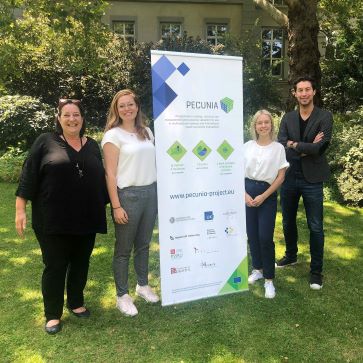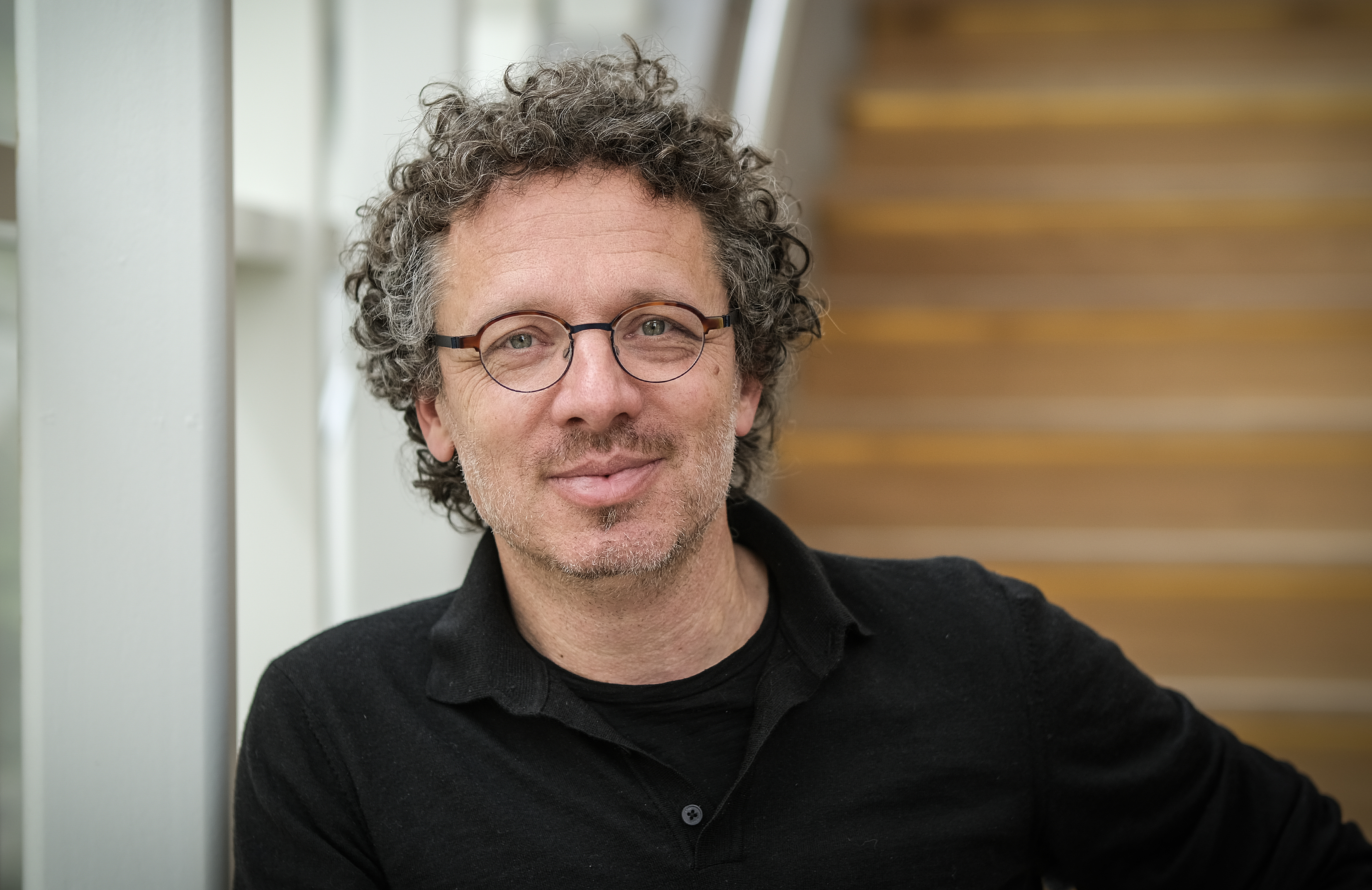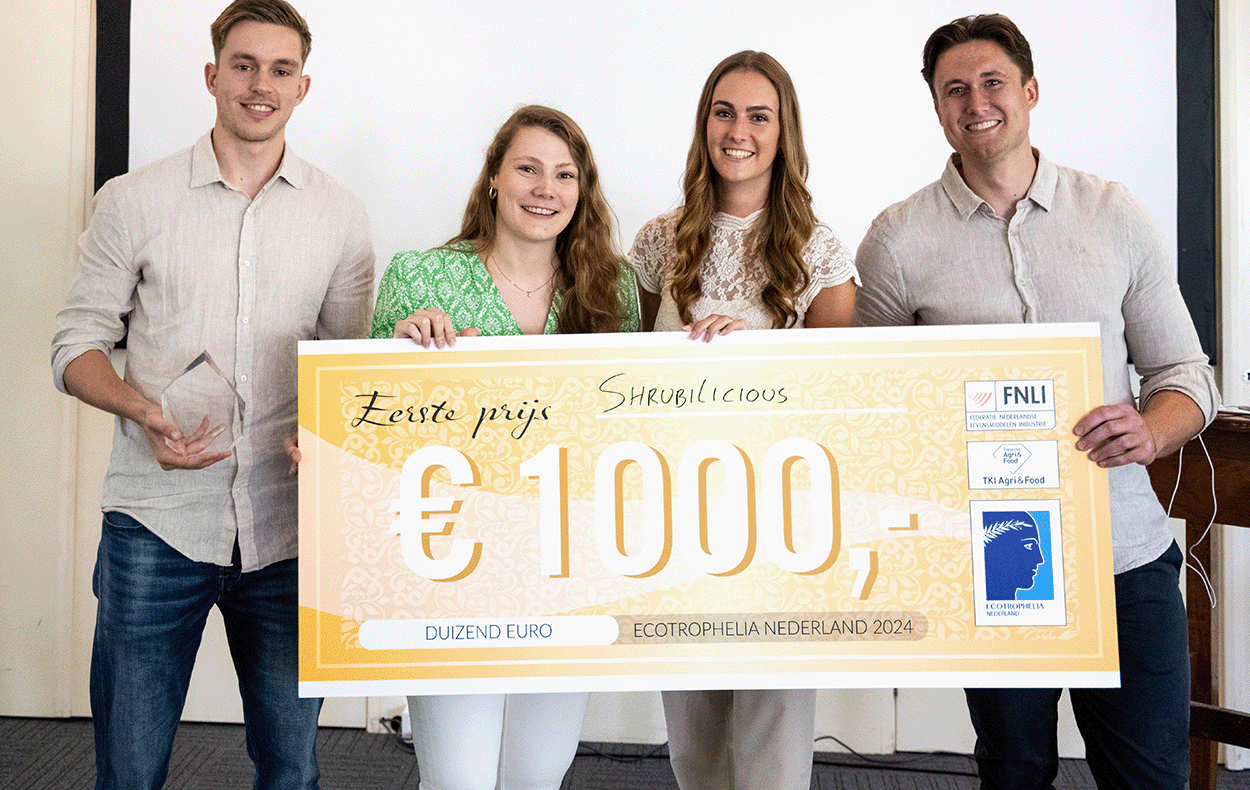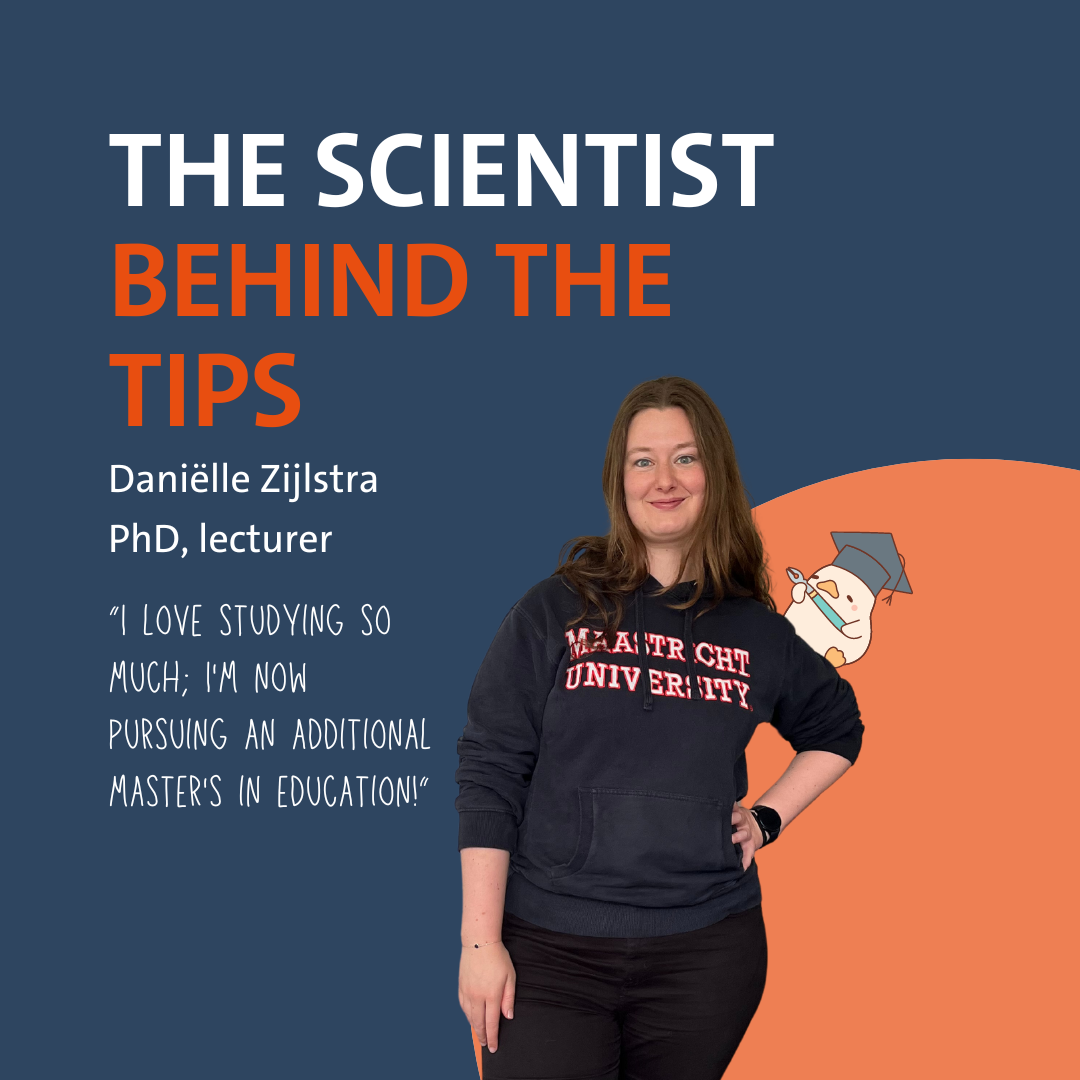VHC well represented at iHEA 2019
During the International Health Economics Association’s (iHEA) conference on 13 – 17 July 2019 in Basel, Switzerland, several VHC members gave oral presentations.
On July 14, the Special Interest Group on Economics of Obesity organized a pre-congress session. Marije Oosterhoff presented her study about the social return on investment of the ‘Healthy Primary School of the Future’. Marije also presented this study as part of the conference session on economic evaluations in non-traditional areas.
On July 15, VHC colleagues presented their research in the interactive organized session “The Inclusion of Intersectoral Costs and Benefits of Health Interventions in Economic Evaluations”. Ruben Drost introduced his article on the conceptualizations of the societal perspective. Irina Pokhilenko and Luca Janssen displayed the preliminary findings of their studies on the identification and validation of items in the Education and the Criminal Justice sectors, which were conducted alongside the PECUNIA project. The session closed with an interactive part, in which the presenters got involved a lively discussion with the audience about the importance of intersectoral costs and benefits, and the barriers and facilitators to include these in economic evaluations. While the audience was well aware of the importance of these intersectoral costs and benefits, all agreed that valid methodological tools are lacking, on which the PECUNIA project is focusing.
A session was held on simulation-based approaches and extrapolation, where Marije Oosterhoff presented her work on exploring different extrapolation methods for weight trajectory analyses after childhood lifestyle interventions. Additionally, in the same session Bram Ramaekers presented his work on using a proposed standard template to increase the transparency and accessibility of survival analysis for decision analytic models.

On July 17, an organized session chaired by Adrian Towse was devoted to “Methods Harmonisation in Multi-Sectoral, Multi-National Economic Evaluations: The PECUNIA Project”. Luca Janssen presented her study about resource use measurement issues in health economics research. The presentations were followed by a vivid discussion among the present health economists and researchers from relevant other European projects.
That same day, an organized session, involving Manuela Joore, Xavier Pouwels and Bram Ramaekers, was devoted to “Barriers and Proposed Solutions for Using Value of Information Analysis to Improve Reimbursement Decisions: The Case of Tomosynthesis for Breast Cancer Screening”. Elisabeth Fenwick, the discussant of the session, provided valuable feedback on the proposed solutions.
Also read
-
Drawing blood, inserting an IV, or looking into the ear; even seemingly simple medical procedures can cause anxiety, pain, and stress in children. According to pediatric intensivist Piet Leroy, comfort and trust are just as important as the medical treatment itself. Therefore, he is researching how...
-
Maastricht University students have won the Dutch final of the student competition Ecotrophelia, a drinking vinegar based on apple cider vinegar, fruit and herbs.
-
In the upcoming months, we’ll share tips on Instagram for our students on how to live a healthier life. Not just a random collection, but tips based on actual research happening at our faculty. The brains behind this idea are Lieve Vonken and Gido Metz, PhD candidates at CAPHRI, the Care and Public...



